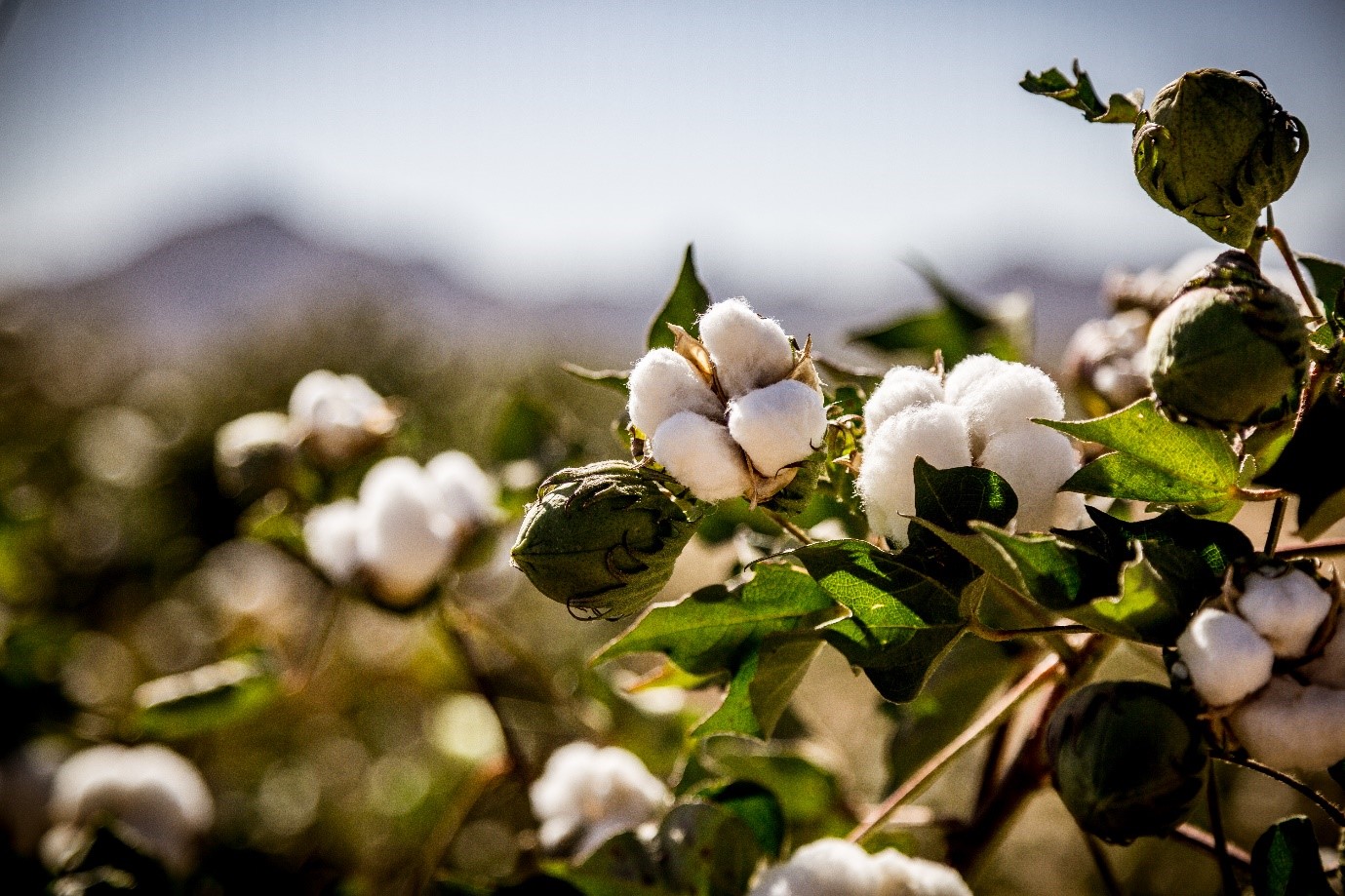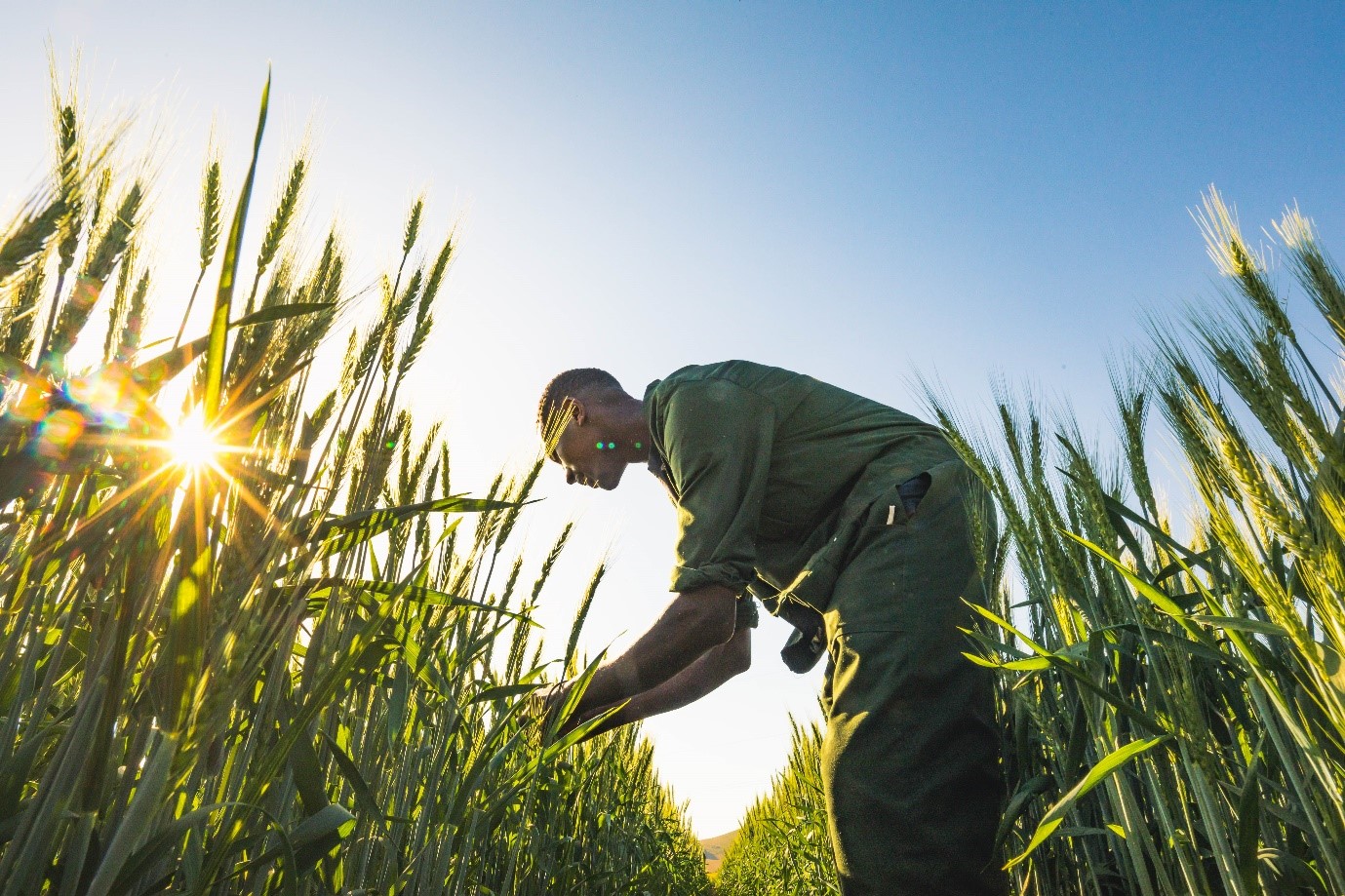The AATIF TA Facility: An overview of 2021
Since 2012, the Common Fund for Commodities is the Technical Assistance (TA) Facility Manager for the Africa Agriculture and Trade Investment Fund (AATIF). The TA Facility is a grant-based mechanism parallel to the AATIF investments. Working with the fund Investment Advisor and Sustainability Advisor, the TA Facility supports agribusinesses and financial institutions across Africa by developing TA projects that aim to create social, environmental, and commercial value – to the investee companies and to the related communities. The strategic vision is to create development impact by strengthening supply chains and improving sustainability.
In 2021, the AATIF TA Facility developed eleven new projects across Côte d’Ivoire, Kenya, Nigeria, Tanzania, and Zambia. These projects are supporting the investee companies in further developing and expanding sourcing networks, improving social and environmental (S&E) management, exploring new markets, enhancing operational processes and strengthening internal capacities.
COVID-19 response
Together with AATIF, throughout the year the TA Facility Manager continued to closely monitor the developments of the COVID-19 pandemic and remained attentive to potential implications for investee companies.
In collaboration with the AATIF Sustainability Advisor, the TA Facility undertook a multi-country assessment to understand the impact of the pandemic on smallholder farmers in the value chains related to the fund’s investments. This study took a specific look on COVID-19 related impacts on farmer income. The findings show that the cashew sector (Cote d’Ivoire) was the most affected value chain due to the timing of the cashew harvest coinciding with COVID-19 effects and measures that were put in place. The conclusion is that the reductions in cashew production, sales, and income subsequently led to negative impact on cashew producers’ livelihoods and have therefore amplified existing struggles such as food security, and access to healthcare and education. Conversely, Kenyan dairy farmers proved to be resilient and adaptive by finding alternative markets for their produce when distribution networks were negatively affected (e.g., closure of schools and hotels). In Zambia, the most significant impact was the result of governmental health and safety measures such as road closures and social distancing on production and domestic trade across all value chains included in the study. Given that the study was conducted early in the pandemic and during post-harvest season in most value chains, the potential longer-term impacts on smallholder farmers are yet to be discovered.
TA Project Highlights
Following the TA Facility five-year strategy (2021-2025), the year 2021 featured a range of TA projects promoting ‘Inclusive Business Support’, i.e., TA support aiming to enhance the direct impact around investments and beyond the AATIF investee companies, specifically towards lower-income communities linked to the investee company. This type of inclusive TA support seeks to help the investee companies to create economic opportunities and employment, for example by establishing smallholder outgrower schemes or improving access to seasonal credit. In this context, the TA Facility implemented two projects in Zambia focused on ways to improve the sourcing models of two agribusinesses procuring cotton and maize from smallholder farmers.

In one of the projects, the TA Facility financed an expert consultant to assess the company’s existing cotton outgrower scheme and to establish ways in which the current sourcing structure could be efficiently improved and scaled-up. The expert sought to find means to help smallholder farmers overcome challenges that limit their productivity and the production of seed cotton, as well as to identify an optimal relationship between the company and the farmers that would mitigate side selling to other commodity traders. As a result, the company’s commercial viability of upscaling the scheme was confirmed and tangible benefits such as improved access to training, inputs, and mechanization for participating farmers were identified. The TA Facility is ready to continue its support to the company with enhancing and upscaling the cotton outgrower scheme.
Looking forward, the TA Facility is working to launch at the earliest several sustainability focused TA projects that were approved in late 2021. One such project will support a commercial bank in Cote d’Ivoire by implementing a capacity development program for staff at different levels of the organization that will provide insights on social and environmental risks in the agriculture sector. This support builds on previous training provided through the TA Facility to the bank’s S&E Coordinator. As a result of this training, the bank will be able to conduct comprehensive S&E risk analyses and propose mitigation measures within its agriculture loan portfolio.
Impact Assessments
As part of its function, the TA Facility together with the Sustainability Advisor undertakes rapid appraisal studies of AATIF investees to assess any impact created through the investment activities.
The year 2021 saw the launch of one baseline rapid appraisal study of an investee in Zambia as well as the completion of two baseline and two endline rapid appraisal studies of investees in Cote d’Ivoire, Tanzania, and Zambia. The findings of the studies are summarized in Impact Briefs and can be found on the AATIF website.
Outlook 2022
Since its inception in 2012, the AATIF TA Facility has developed and approved 85 TA projects to compliment the fund’s investment activities related to 30 agribusinesses and financial institutions across 13 African countries. After the successful completion of 14 TA projects in 2021, the AATIF TA Facility entered 2022 with 22 operational TA projects and a strong project pipeline that is set to explore both new countries and areas for TA support.
Looking to the future it would seem clear that innovative digital solutions are moving to the forefront of agricultural development. In 2022, the TA Facility Manager is excited to continue leveraging digital tools and technologies within its projects with the aim of increasing farmer productivity and incomes as well as access to agriculture and climate related information. This will strengthen food security and enhance the overall resilience of supply chains.
Finally, after a two-year travel hiatus due to the COVID-19 pandemic, the TA Facility Manager expects to get back on the ground and thereby enhance its impact and positive footprint significantly in the coming year.

